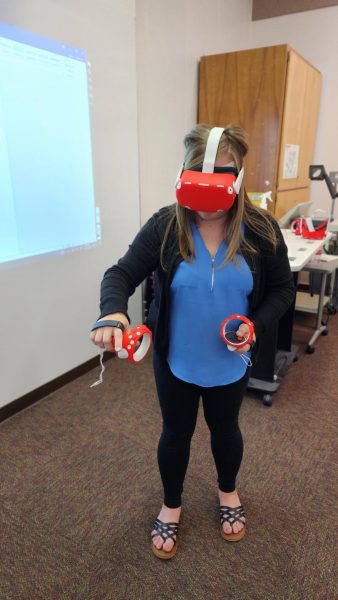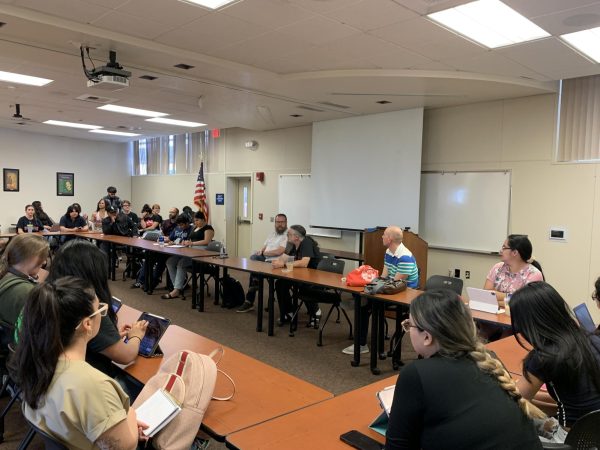New medication may combat peanut allergies
October 2, 2019
The Allergenic Products Advisory Committee (APAC) convened by the FDA, voted in favor of the use of the new drug AR101, an oral immunotherapy for peanut allergies. AR101, also referred to as Palforzia, was voted 7-2 in favor of the efficacy of the drug by APAC.
According to the Food Allergy Research & Education a food allergy is a medical condition in which food exposure can trigger a harmful immune response called an allergic reaction causing a person’s body to produce allergens that activate symptoms like itchy mouth, hives, throat tightening, and difficulty breathing. Research shows that 32 million people have food allergies and 5.6 million children under the age of 18 have food allergies.
The medicine Palforzia is made from peanut flour and is the first medicine to be used orally as immunotherapy but carries side effects. This therapy will help to reduce people’s reactions to peanuts allergies. It is for ages 4 to 17 who have a been diagnosed with a peanut allergy. Paliforzia is not a cure, but is designed to help those with peanut allergies cope. The drug is meant to be taken over time to help the immune system tolerate consuming peanuts after a period of time. Palforzia must be prescribed by a doctor and has side effects like vomiting, nausea, and itchy throat.
In an NPR article written by Alex Smith, he interviewed several doctors with various opinions on the new medication. Dr. Ira Finegold, a professor of medicine at Icahn School of Medicine at Mount Sinai in New York said “I thought the data was quite clear, and I would actually compliment the sponsor on the extent and caliber of the studies,” while other doctors felt differently.
Dr. John Kelso, an allergy specialist at Scripps Clinic in San Diego said “I also want my patients to have a lower risk of having reactions, but I think from the data that we have had presented to us that neither the safety nor efficacy have been demonstrated.”
Erica Brittain, mathematical statistician and deputy branch chief at the National Institute of Allergy and Infectious Diseases at the National Institutes of Health in Bethesda, Maryland states “To be consistent with your primary analysis, where people who don’t make it are considered failures, I think to be consistent, you can’t censor them. I think this might be a bit misleading.” The data from the study, with the help of a doctor and board-certified allergist, lets people have the option to pursue treatment and research if this as an option for them. There are other treatments being considered from scientists at Aimmune Therapeutics to treat peanut, egg, and other allergies.












